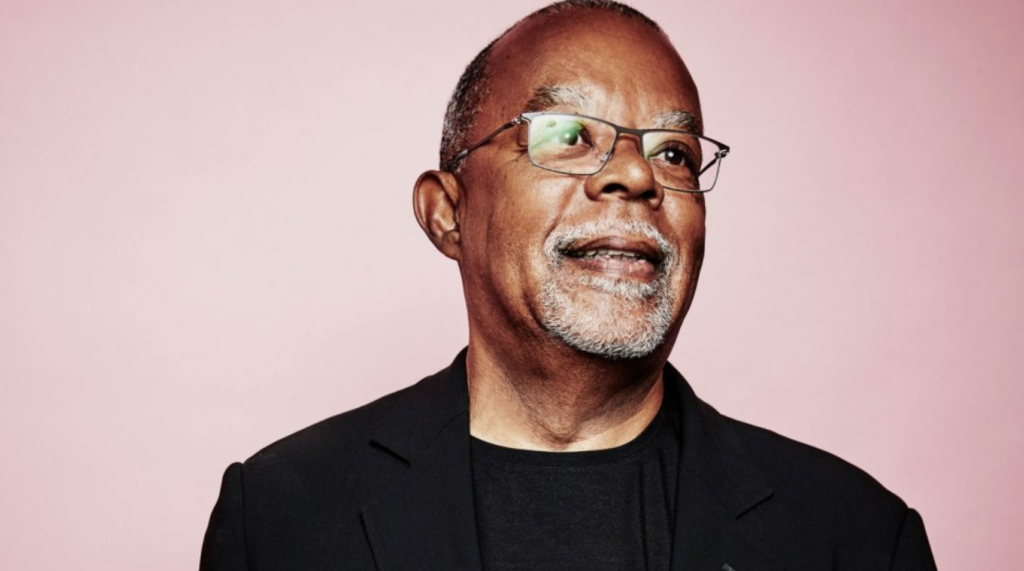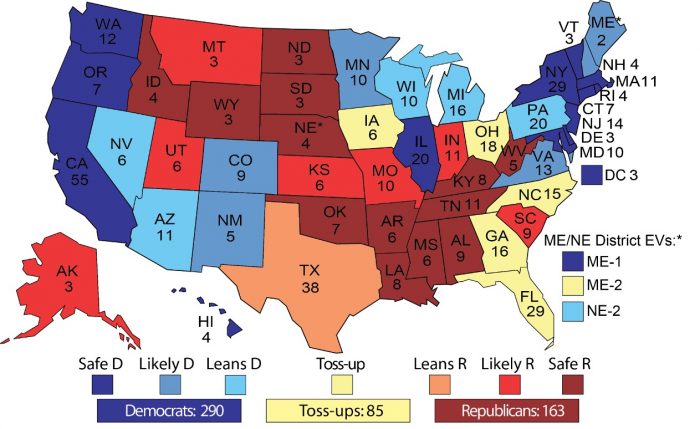During Feb. 9’s Frey Lecture, the Emmy Award-winning scholar said history foretold what might follow Obama’s presidency — a rise in white supremacy and a rollback of progress.
Emmy Award-winning literary scholar, filmmaker and cultural critic Henry Louis ‘Skip’ Gates Jr. offered eye-opening commentary on how Reconstruction after the Civil War gave rise to Jim Crow, and how the impact of those eras shaped inequities we see in America today, in a webinar on Feb. 9.
Gates, the Alphonse Fletcher University Professor and director of the Hutchins Center for African & African American Research at Harvard University, was the spring 2021 Frey Foundation Distinguished Visiting Professor in the UNC College of Arts & Sciences, and his talk broke previous Frey Lecture attendance records with more than 2,300 registrants from around the country. He was joined in conversation with moderator Karla Slocum, Carolina’s Thomas Willis Lambeth Distinguished Chair of Public Policy, professor of anthropology and director of the Institute of African American Research.
Gates has authored or co-authored 25 books and created 23 documentary films, including the popular PBS genealogy series “Finding Your Roots.” His latest PBS series, “The Black Church: This is Our Story, This is Our Song,” premieres on Feb. 16. He is the recent recipient of the Don M. Randel Award for Humanistic Studies from the American Academy of Arts & Sciences, only the seventh person to receive the award since it was established in 1975.
To begin the lecture, Gates showed a 12-minute clip from his PBS docuseries, “Reconstruction: America After the Civil War,” to illustrate how the years after the Civil War brought a taste of freedom for Black Americans that was followed by a strategic reversal of rights and the rise of white supremacist ideologies.
Gates developed the idea for the docuseries and his book “Stony the Road: Reconstruction, White Supremacy, and the Rise of Jim Crow” after visiting Michigan’s Jim Crow Museum of Racist Memorabilia during Barack Obama’s first presidential term. He was shocked to find racist images of the sitting president already in the collection. He said his knowledge of history foretold what could come in the years following Obama’s election: a rollback of progress that had similarly followed Reconstruction.
“I had no idea of the vehemence that the presence of a Black person in the White House could provoke. When I left the Jim Crow museum, I thought, ‘Oh, my God, I have to tell this story, that there’s a terrible thing that’s coming. And I’m going to tell it in a historical way.’”
Gates said he teaches his students at Harvard that there are two streams flowing constantly under the floorboards of Western culture: anti-Semitism and anti-Black racism.
“Anti-Black racism was, part and parcel, the justification of the transatlantic slave trade, which shipped 12.5 million Africans across the Atlantic, 10.8 million of whom actually arrived. And Obama’s election, rather than put an end to racism, awoke this slumbering beast of white supremacy.”
After 12 years of increasing rights for Black Americans during Reconstruction — including the ratification of the 13th, 14th and 15th Amendments — those opposed to Black freedom wove white supremacy into discriminating state legislation, a systematic campaign to soften the image of slavery and the Confederacy in the public’s eye, the proliferation of demeaning images of Black individuals in popular culture and racist voter suppression tactics.
“The right to vote is inextricably intertwined with economic power. The rise of white supremacy is not just some idle mischief — it is about the anxiety of scarcity of resources,” he said.
One can connect the dots between the events after Reconstruction and our nation since Obama’s election, Gates said, with the escalation of voter suppression in heavily Black districts throughout the South and the Jan. 6 attack on the Capitol Building to challenge the election of President Joseph Biden, which was led by those who espoused white supremacist beliefs.
“The relationship between economic and political democracy — all those issues are Reconstruction issues,” he said. “They continue to roil our society and politics today, and they have their roots in Reconstruction.”
Gates said the way forward lies in race-based initiatives like affirmative action to equalize opportunities and encourage Black prosperity, and in broader programs that target economic insecurity, such as retooling the educational system with nationalized per-pupil spending and better preparation for the jobs of today, health care for every American, a national income and guaranteed employment.
“The curtailment of opportunity affects everybody. We’re only going to have more outrage, more attempted coups, more insurrections like Jan. 6, unless we speak to the economic pain that all poor people are feeling,” he said. “So, on the one hand, we have to acknowledge the historically specific ways that Black people have suffered. On the other hand, we have to speak across the board to the economic ways that all Americans are suffering.”
The Frey Foundation Distinguished Visiting Professorship is one of the highest honors bestowed by UNC’s College of Arts & Sciences to distinguished public leaders. This year marks the 27th year of the lecture series, which has welcomed speakers such as Kip Thorne, Nina Totenberg, Fareed Zakaria, E.L. Doctorow, Ted Turner, Alice Walker and Harry Belafonte to campus.
By Courtney Mitchell, The Well


 “Those of us in polling and predictions have PTSD,” he said. “Marquette Law School has a long-standing poll that has been accurate in almost all races except for 2016. I remember looking at that toward the end of the campaign and thinking, ‘Well, you know, I’m hearing that Wisconsin may be closer than expected, but Marquette has always been right.’ But, just because you’ve always been right doesn’t mean you’re going to be right.”
“Those of us in polling and predictions have PTSD,” he said. “Marquette Law School has a long-standing poll that has been accurate in almost all races except for 2016. I remember looking at that toward the end of the campaign and thinking, ‘Well, you know, I’m hearing that Wisconsin may be closer than expected, but Marquette has always been right.’ But, just because you’ve always been right doesn’t mean you’re going to be right.”